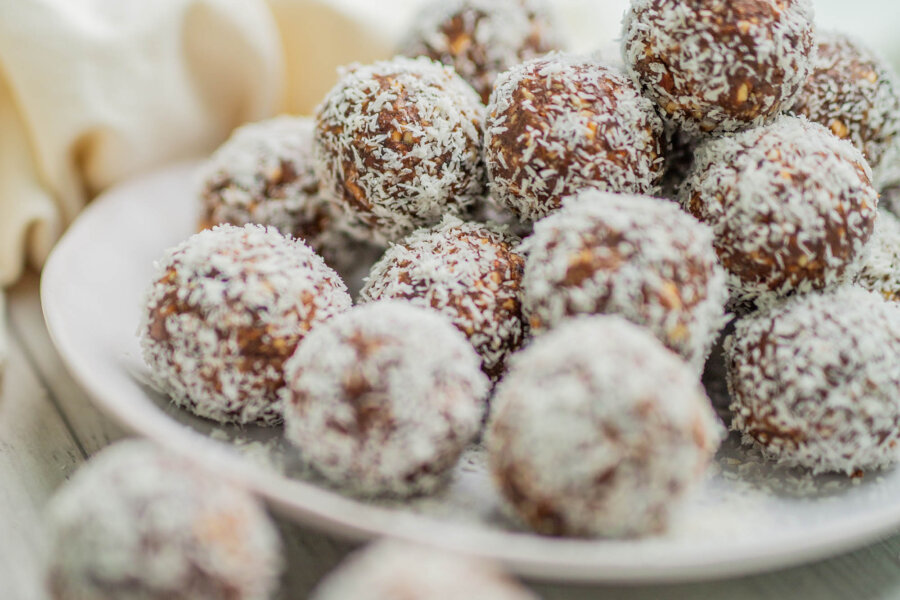If you have been following me for a while and are familiar with my health story, you will know that following antidepressant use many years ago, my gut was no longer able to tolerate supplements. This proved to be a huge challenge for me as I was very malnourished, underweight and deficient in a wide array of different nutrients. I did not have the luxury of turning to nutritional supplements to help me get better, instead, I had to slowly and carefully build my gut microbiome and be patient enough to get what I needed from food alone. This took me many years and thankfully I was able to rely on things like juicing to help me get there faster. At first, my inability to take supplements made me angry. I felt sorry for myself for not being allowed a more convenient and quick solution, but over the years, I have learned that my intolerance to supplements (which I still have) is actually a blessing in disguise. In actual fact, quite a large number of women struggle to take supplements without side effects. I have learned that supplements are not as harmless as they seem. In fact, every year over 20,000 emergency visits in the USA are attributed to supplement side effects. While supplements are unlikely to create serious harm, they can easily create nutritional imbalances and overuse or misuse does come with side effects that can sometimes take years to recover from.
The more I learn about the human body, women’s health, nutrition and plant foods, the more I have become uncomfortable with the concept of supplementation. There are of course times when supplementation is absolutely necessary, but for the most part, the idea of isolating and concentrating particular nutrients in order to bring about a desired health outcome does not sit well with me. This is because the human body is very complex and food is also very complex. Food contains a huge array of different constituents, not just nutrients. At the moment, we have very little knowledge of the thousands of other constituents in foods and herbs, their role and how they interact together with one another and also the effect they have on the human body. Food usually comes as a complete package, perfectly balanced with other nutrients and constituents to provide proper nourishment. Supplements on the other hand contain only the nutrient in question, concentrated and isolated without the buffering health-promoting effects of the other constituents found in food. Most conventional supplements are also synthetic and poorly absorbed in the body. They can also create a burden on the liver which must process and metabolise synthetic nutrients that it is not accustomed to dealing with.
All this being said, I can not argue with the fact that we have sound literature on different nutrients that can help improve many health conditions. I also can not argue with the fact that nutrition is vitally important. It is a massive pillar of health and unfortunately, many people do not have the time, means or knowledge to uphold a dietary pattern that is supportive of their overall health and well-being. This is where supplementation can and does come in useful. My goal is to assist women in gaining most of their nutrition from food. In fact, I work hard to get women off of a huge list of supplements and keep supplements as minimal as possible. Personally, I much prefer relying on food and herbal medicine, which makes use of the whole plant and allows for the complex health-supportive interactions between food, herbs and the human body. But for the times when supplementation is necessary, I have spent years finding wholefood supplement alternatives that use foods as ingredients without isolating nutrients when possible. Wholefood supplements are more easily absorbed, are easier on the liver and when taken correctly, are less likely to create imbalances.
Below I have added a downloadable list of all the most common nutrients needed for women’s health along with my favourite wholefood brands in Australia. I have personally tried every single one of these supplements or something similar and have been happy with their gentle support. I have also been able to tolerate all of the supplements on the list (except for the zinc). These are the current brands of supplements that I recommend to my clients when appropriate. Personally the only supplement I take from this list regularly is magnesium. I should also be much more mindful of my b12 supplementation as I have been plant-based for many years but I have found that for me, eating food fortified with b12 regularly (like nutritional yeast etc) has been enough to keep my b12 levels at a good place. I rarely use the other supplements unless a need comes up for a short period of time. Although it is beneficial to take some supplements long term (like magnesium) other supplements require only short supplementation until a deficiency is corrected. Please always speak to a health professional and get personalised guidance on what supplements are right for you.
Download the complete whole-food supplement guide for women here:
Copy of Copy of Copy of Supplement Cheat Sheet
For personalised advice on which supplements are right for you, book a nutrition consult















